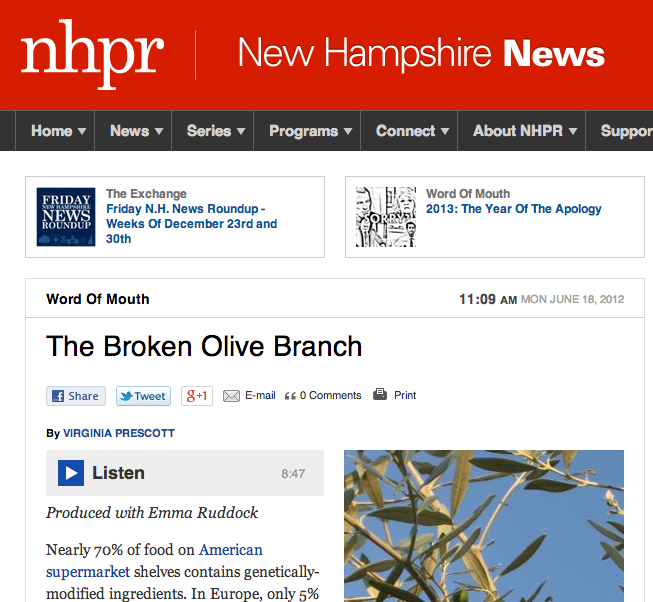Some background: Last September, Red Pepper, a progressive UK magazine, published a brief article, “Silenced GM scientist speaks out against biotech coercion“, on its website about Gilles-Eric Seralini, the French molecular biologist sharply criticised by the scientific community for his infamous and headline-grabbing GMO-rat-tumour study, and promoting his British speaking tour. I’ve written for the magazine for many years and was furious that this discredited quack was being taken seriously by my colleagues. An extended email to the editors explaining the problems of the left-anti-GM position evolved into an essay for an upcoming print edition, which then turned into a multi-page debate between me and my friend Emma Hughes, a campaigner with the (really great) London-based environmental group Platform and who is also an opponent of genetic modification.
The print edition has finally come out, but due to understandable space constraints, the full essay had to be condensed.
I present here a longer version because it contains a series of arguments that I feel are important but have yet to be made and did not make it into the print version, notably around Golden Rice, monoculture crops, superweeds, Big Organic, and the rhetoric of Indian anti-GM campaigner Vandana Shiva.
It is my hope in writing this that other Leftists will steadily begin to recognise that to oppose GM is in fact to take a detour from traditional left-wing ideas about progress, technology, nature – and, most of all, about political economy. Continue reading →




